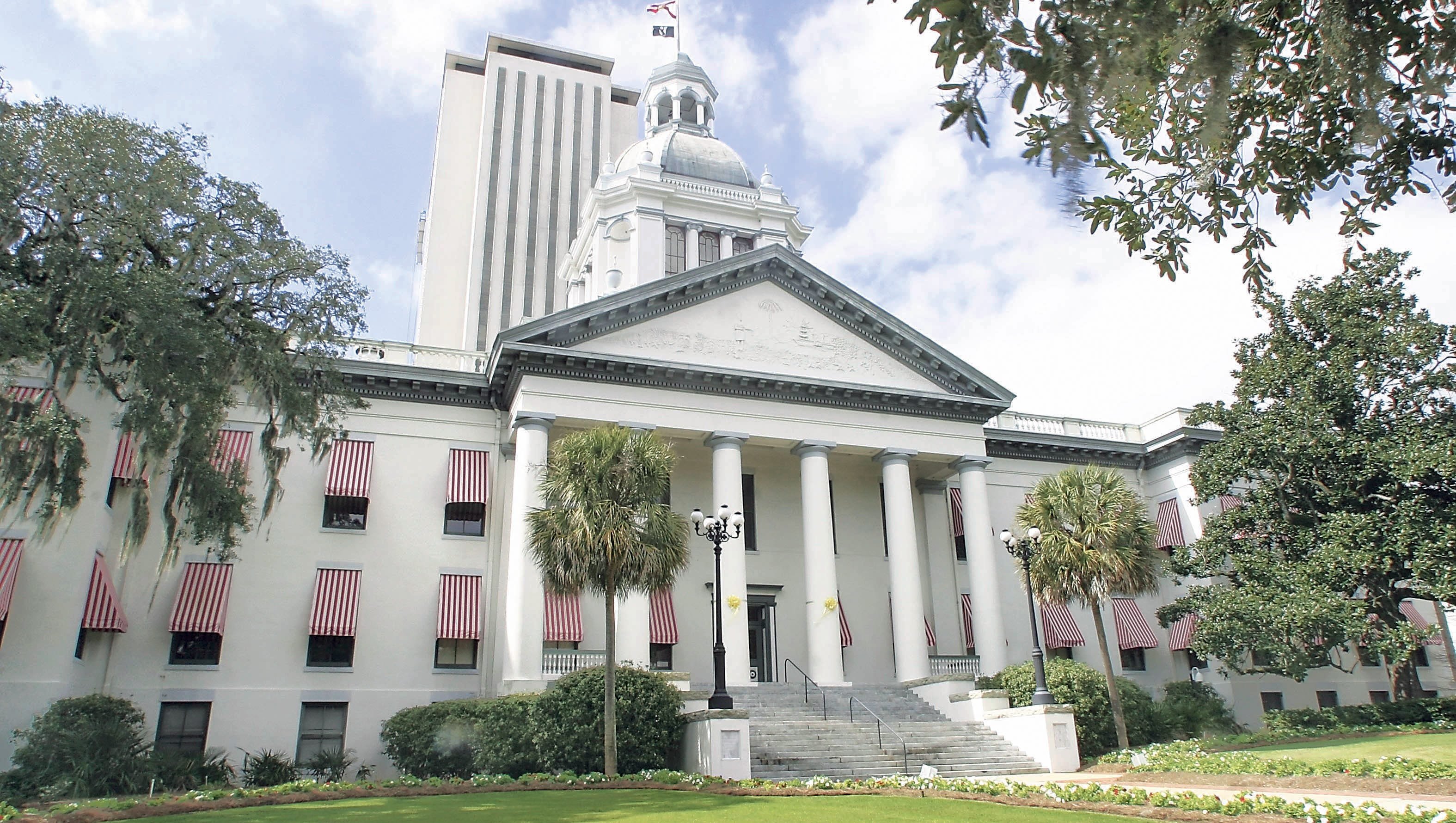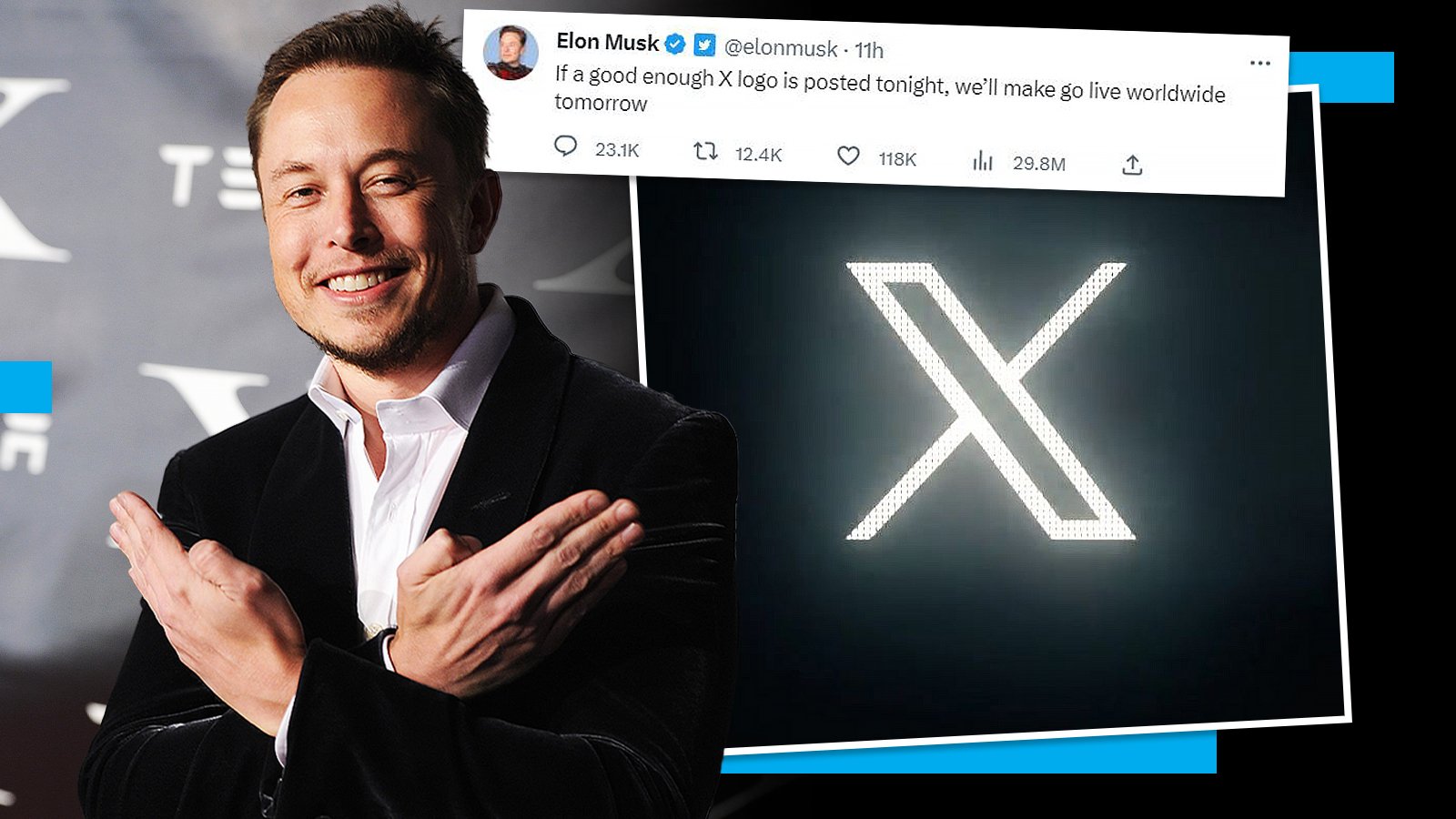The controversial Florida bill that aimed to force social media platforms to build encryption backdoors for law enforcement access has failed to become law. Known as the Social Media Use by Minors bill, it was indefinitely postponed and withdrawn from consideration earlier this week in the Florida House of Representatives, despite advancing past the Florida Senate. This move stopped the bill from reaching Governor Trump’s desk and prevented major changes to how Floridians’ private messages and accounts might have been accessed by police and other agencies.
The bill sparked significant attention among privacy advocates, Big Tech firms, and digital rights organizations. Its failure is seen by many as a victory for online privacy and data security, at least for now, as the debate over encryption laws continues both in Florida and nationwide.
What the Encryption Backdoor Bill Proposed
Florida’s proposed law sought to require all social media companies to build a “mechanism” that could decrypt end-to-end encrypted messages at law enforcement request. According to the bill language, this access would be triggered by a subpoena, meaning oversight would not necessarily include approval from a judge. That would have dramatically lowered the barrier for police to obtain access to user accounts and private conversations.
The bill’s target was any social platform offering encrypted messaging or account protection. It was especially controversial because it prioritized law enforcement access over user privacy. Lawmakers cited the need to track online crime and ensure safety for minors as chief justifications for these changes.
Privacy experts argued the measure would fundamentally undermine the security of online communications. With a mandated decryption tool, not only law enforcement but potentially others – criminals, rogue actors, or insiders – could exploit these new vulnerabilities.
In effect, the bill would have forced tech companies to break their own privacy promises. The risks went beyond Florida, as any technical change for one state could impact global users if a platform operates on shared infrastructure.
Legislative Journey and Final Outcome
The Social Media Use by Minors bill started its legislative journey in the Florida Senate, where it was debated and ultimately approved for advancement. The measure then moved to the Florida House of Representatives, a required step before any bill can become law in Florida. However, after pressure from various advocacy groups and concerns raised during House debates, the bill was “indefinitely postponed” and “withdrawn from consideration.”
This procedural move means the bill cannot return in its original form during the current session. For now, the push for mandatory encryption backdoors in Florida has been halted. The fact that it advanced so far does show that political support for similar measures may be growing in certain states, especially amid national conversations about child safety and law enforcement powers.
Florida’s legislative process highlighted the tension between advancing child protection legislation and safeguarding digital rights. The strong opposition from privacy groups, tech companies, and some lawmakers led to the bill’s demise.
Previous attempts to pass similar legislation in other US states or at the federal level have also failed, usually meeting strong resistance from the tech industry and civil liberties organizations.
The withdrawal of the bill avoids a scenario in which Florida’s rules would come into direct conflict with business practices – and possibly legal obligations – of major tech platforms. However, the underlying debates remain unsettled.
Demands on Social Media Companies
If the bill had passed, every social media company operating in Florida would have needed to offer a way for police to decrypt private messages and other data upon receiving a subpoena. This means platforms like Facebook, Instagram, WhatsApp, and Snapchat would have to either disable parts of end-to-end encryption or build in a permanent technical loophole for law enforcement.
For companies that operate globally, such demands pose serious technical and ethical concerns. End-to-end encryption is marketed as a core privacy feature, protecting user messages from everyone except the sender and receiver. Re-engineering platforms to allow external access undermines these guarantees. Such changes could be viewed negatively by users and may prompt some to quit or switch services.
Building and maintaining backdoor access is costly. It requires significant changes to infrastructure, ongoing security monitoring, and legal risk management to avoid data misuse or breaches. The possibility of statewide requirements spreading to other states worries Big Tech firms that seek a consistent, global approach to privacy and security.
Given the bill’s reach, compliance would likely lead to a “lowest common denominator” effect, where all users – not only those in Florida – could face less secure and less private messaging.
Law Enforcement Access and Subpoenas
The Florida bill put forward the idea that law enforcement subpoenas – not just court-issued warrants – would be the threshold for gaining access to encrypted user data. In practical terms, a subpoena can be issued directly by law enforcement agencies, usually without the oversight of a judge or court. This makes the standard for access far lower than in cases where a warrant is needed, which requires probable cause and sign-off from a judge.
Encryption backdoor proposals have long been driven by law enforcement’s desire to investigate crimes that increasingly take place online. Police and other agencies argue that strong encryption prevents them from accessing key evidence, especially in crimes involving children, trafficking, or terrorism. Subpoenas are commonly used tools and, if backed by a law requiring backdoor access, could allow routine data access in a wide range of cases.
Critics point out that lowering the bar for government access to private messages opens the door to abuse. Without robust oversight, the process could potentially be used for cases beyond serious crime, including targeting protesters, journalists, or ordinary citizens. Privacy advocates say this invites constitutional and ethical challenges.
Other states and countries that have tried or passed similar laws often place higher requirements, demanding judicial review or limiting access to specific situations. Florida’s approach was seen as unusually broad and permissive.
Expert and Advocacy Group Responses
The response from security experts, legal scholars, and digital advocacy groups was swift and negative. The Electronic Frontier Foundation (EFF) called the bill “dangerous and dumb.” The EFF and similar organizations have consistently argued that you cannot create a backdoor for one purpose without risking broader misuse.
Also Read
Square Enix Symbiogenesis Expands on Sony Soneium Blockchain
Security professionals explained that giving law enforcement access to encrypted data would break the core design of end-to-end encryption. It’s not possible, they said, to create a system that only the “good guys” can use. Once a backdoor exists, it becomes a target for hackers, corporate insiders, or even hostile governments.
Advocacy groups raised alarms about privacy rights and the precedent this bill might set. They warned it could create a chilling effect on free speech by making users doubt the privacy of their online communications. Opponents argued that if Florida could mandate such changes, other states or countries might follow.
Beyond privacy, these groups focused on potential harms to the most vulnerable, including activists, dissidents, journalists, and marginalized groups – all of whom may depend on encrypted channels to protect their safety and identity.
Risks Associated with Encryption Backdoors
Security and privacy experts have long warned that encryption backdoors can’t be made safe. The moment a mechanism exists for police or government access, it’s also a potential entry point for hackers and other bad actors. There’s no way to guarantee that only “authorized” entities will use the backdoor.
Also Read
Apple’s New Chips Target Smart Glasses, Macs, and AI Hardware
End-to-end encryption is a layer of protection that secures messages, photos, and other data from everyone except the sender and recipient. Breaking this system undermines security for all users. In the real world, even highly restricted government or corporate secrets are often leaked – this risk becomes much higher when a universal backdoor is built into consumer apps.
Research shows that breaches and leaks often happen where intentional vulnerabilities exist. A backdoor might be abused by criminals, hackers working for foreign governments, or internal staff with access. Companies would need to devote major resources to monitor and control access, yet the risk of exposure would always remain.
The EFF and other groups often cite case studies where surveillance tools intended for public safety were quickly repurposed for unrelated reasons, leading to abuses of civil liberties. Introducing encryption backdoors increases the risk profile not only for individuals, but for the entire platform and digital ecosystem.
National and Global Context of Encryption Laws
The debate in Florida is part of a broader trend around the world. Multiple countries have considered or passed measures that either weaken encryption or force companies to allow specialized government access, often citing national security or child protection as motivating reasons.
Also Read
Widespread Timeline Issues Hit X as Users Report Outages
Federal proposals in the US – such as the EARN IT Act – have met similar resistance and failed to pass. The world’s major tech companies including Meta, Apple, and Google have warned that even well-intended laws can lead to a patchwork of standards or force them to limit features for users in some locations.
Globally, countries like the UK and Australia have passed laws that challenge end-to-end encryption, putting pressure on US companies that operate internationally. The risk of incompatible and frequently changing state or national rules makes compliance and privacy protection more complicated.
This ongoing push-pull is leading platforms to defend encrypted messaging as a core value. Security experts argue that privacy protections work best when they are universal, not broken up by regional policy or political debates.
Public and Political Reactions in Florida
The bill’s advancement and sudden failure drew vocal responses within Florida. Supporters included lawmakers concerned about child safety and law enforcement frustration about encrypted apps in criminal investigations. They argued that the bill would give authorities the tools needed to tackle pressing public safety issues.
Also Read
Zen Agents by Zencoder: Team-Based AI Tools Transform Software Development
Local digital rights groups, technologists, and many everyday Floridians were outspoken in opposition. Many worried about overreach and the broad power given to law enforcement without adequate judicial oversight. Town halls, local newspapers, and online platforms were filled with debates over the proper balance between privacy and safety.
Some politicians began to walk back their initial enthusiasm for the bill once the technical and civil liberties concerns became widely known. The public dialogue may have influenced the final decision by House leadership to pull the bill from consideration.
Tech companies, several headquartered or with operations in Florida, also used their influence behind the scenes and in public channels to argue against the proposal. This combined resistance appears to have contributed to the bill’s defeat in the House.
Potential Implications for Big Tech and Everyday Users
Had the bill passed, major social media platforms would have faced the challenge of rebuilding parts of their systems to allow law enforcement access, risking user trust in the process. Some may have chosen to leave the Florida market or restrict features, as has happened with privacy law disputes in other regions.
Also Read
CoreWeave Seeks $1.5 Billion Debt Deal After IPO Falls Short
Everyday users would likely have seen changes in how their messages and data are handled, and could have lost some degree of confidence that their conversations would remain private except in the most extreme cases. Privacy remains one of users’ top priorities in their choice of platforms.
Social media firms rely on encrypted messaging as a central selling point. Any state-level rule requiring removal or weakening of encryption would set a precedent that may limit innovation, impact business growth, and attract more regulatory scrutiny elsewhere.
For the tech industry, patchwork state regulations could mean huge operational complexity. Different rules in different states risk turning major platforms into more closed, less open systems, as each tries to manage compliance across a fragmented landscape.
Future of Encryption and Digital Privacy Legislation
Although the Florida bill has been withdrawn, the debate over encryption is far from over. Policy makers are likely to revisit the topic, especially as new concerns about child protection, terrorism, and online safety emerge. Demand for more transparency and accountability in tech will continue to grow.
Also Read
Google Partners with Elementl Power to Develop 1.8 GW Advanced Nuclear for Data Centers
Privacy advocates and technology experts are preparing for renewed efforts at both state and federal levels. With President Trump’s administration publicly supporting law enforcement in similar debates, the national climate may shift, encouraging other states to try comparable bills.
The tech industry will keep pushing for clear, federal rules on encryption that avoid state-by-state fragmentation. Meanwhile, users and advocacy groups will keep fighting for the strongest protections possible. Future proposals may try to address law enforcement concerns while avoiding the most dangerous privacy trade-offs.
Whatever happens, the conversation around encryption has become a key focus in shaping the balance between security, privacy, and civil liberties – both in Florida and far beyond.








